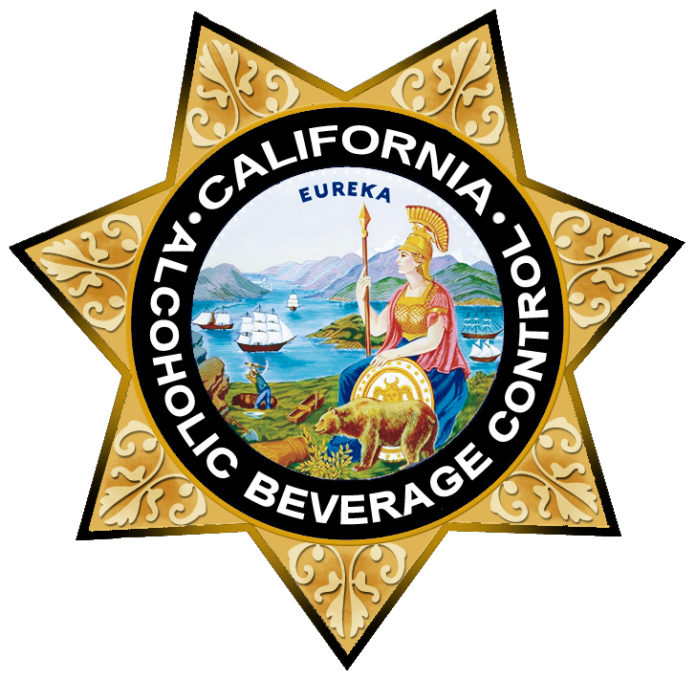What is required to be considered a “meal”?
The Department has issued a variety of regulatory relief measures that require the service of a meal. (See, Law and Policy Coronavirus 19 Notices of Relief, items 5 and 16; June 10, 2020, Industry Advisory; and various Frequently Asked Questions.) This Advisory provides guidance as to what servings of food licensees must prepare and offer to comply with this requirement.
Business and Professions Code section 23038 provides that, “Meals” means the usual assortment of foods commonly ordered at various hours of the day; the service of such food and victuals only as sandwiches or salads shall not be deemed a compliance with this requirement.”
Given the tremendous variety of foods available at the many different licensed premises, this definition provides the necessary flexibility to look at the totality of the circumstances in determining whether or not the food service provided by a licensee is a legitimate offering of meals in a bona fide manner. In evaluating this, the Department generally looks at the various menu offerings, availability during typical meal hours, and whether the food offered is served in a reasonable quantity and what a reasonable person might consider being a meal consumed at breakfast, lunch, or dinner.
For example, although multiple courses are not required to constitute a meal, in order for the patron to be served a meal there should be a sufficient quantity that would constitute the main course in a multiple-course dining experience.
It is often easier to describe what does not constitute a bona fide meal. In that regard, while the statute excludes mere offerings of sandwiches and salad, the Department does recognize that many sandwiches and salads are substantial and can constitute legitimate meals. Once again, the Department looks at the totality of circumstances and generally considers that pre-packaged sandwiches and salads would not typically meet this standard. In addition, the Department will presume that the following, and offerings similar to them, do not meet the meal requirement:
Snacks such as pretzels, nuts, popcorn, pickles, and chips.
Food ordinarily served as appetizers or first courses such
as cheese sticks, fried calamari, chicken wings, pizza bites
(as opposed to pizza), egg rolls, potstickers, flautas, cups of
soup, and any small portion of a dish that may constitute
the main course when it is not served in a full portion or
when it is intended for sharing in small portions.
Side dishes such as bread, rolls, French fries, onion rings,
small salads (green, potato, macaroni, fruit), rice,
mashed potatoes, and small portions of vegetables.
Reheated refrigerated or frozen entrees.
Desserts.














